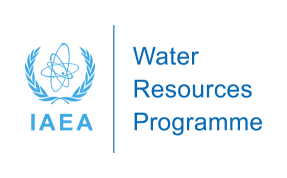Speaker
Mr
Alexander Dunford
(Stellenbosch University)
Description
Groundwater is an important resource throughout the world and in many places is being used to supplement domestic water supplies. The city of Cape Town in South Africa is predicted to have a net water shortage within the next 5-10 years due to population increases and climate change. The city has undertaken a feasibility study of large-scale groundwater abstraction from the Table Mountain Group (TMG) aquifer, a fractured rock aquifer consisting dominantly of super-mature sandstones. However, numerous bottled water plants tap natural springs which are sourced the TMG aquifer. There is considerable concern within this industry group about the potential impacts on large-scale groundwater abstraction. Using the water bottling plant situated on Hartebeeskraal farm as an example, this project researched potential impacts that large-scale abstraction would have on natural springs sourced from the TMG aquifer. Using major ionic species and stable and radiogenic isotopes, the vulnerability of the natural springs were assessed. The recharge of the groundwater from precipitation was calculated using a chloride mass balance equation. A high rate of 217 mm/year was calculated. The springs are likely recharged directly through recent precipitation. Therefore, the springs are recharged immediately during the winter rainfall period. A change in the precipitation pattern as a result of climate change would likely have an immediate impact on the yield of the springs. Therefore, the springs are likely to be vulnerable to climate change but not to large scale abstraction if the operation is controlled and monitored properly.
Authors
Mr
Alexander Dunford
(Stellenbosch University)
Dr
Jodie Miller
(Stellenbosch University)
Mrs
Kelley Swana
(Stellenboch University)
Co-authors
Dr
Cathy Clarke
(Stellenbosch University)
Mrs
Leslee Durr
(Durr Bottling)

